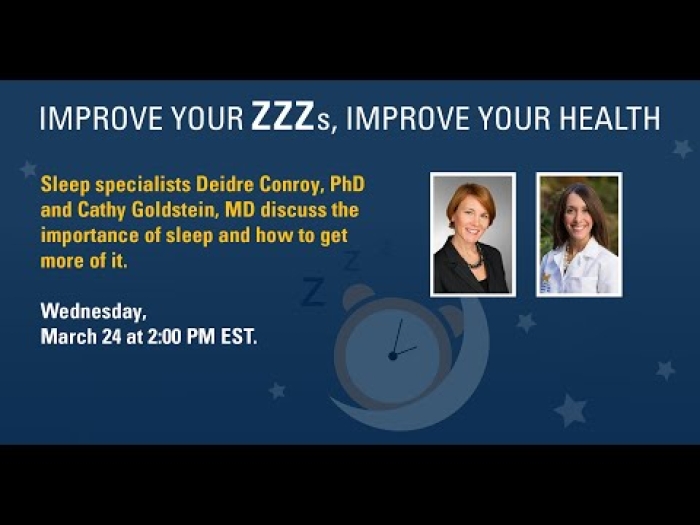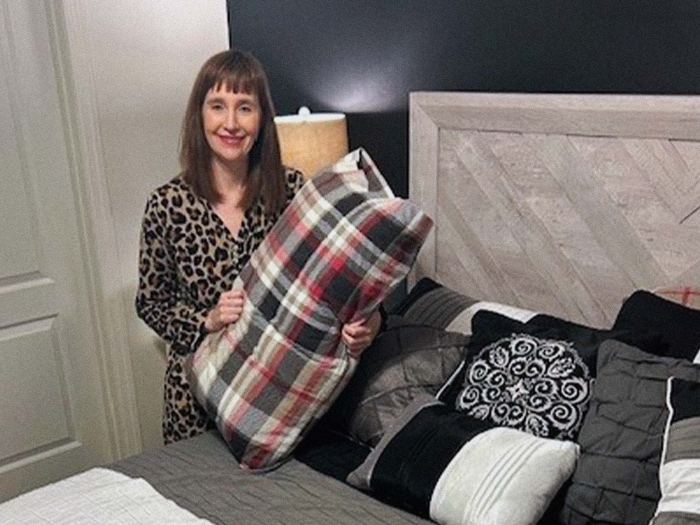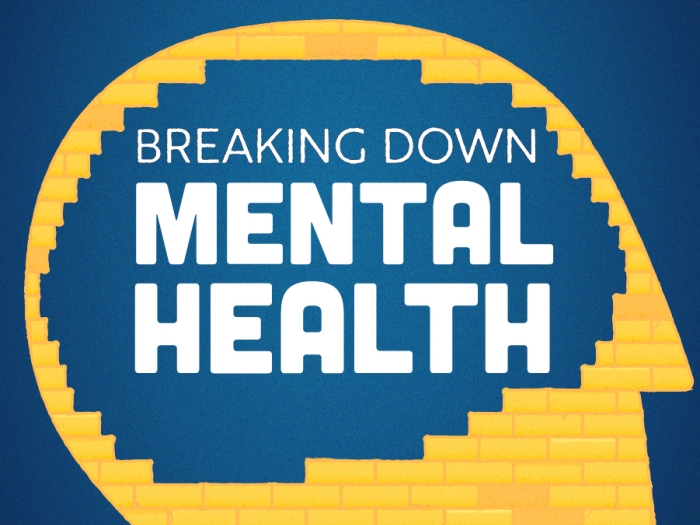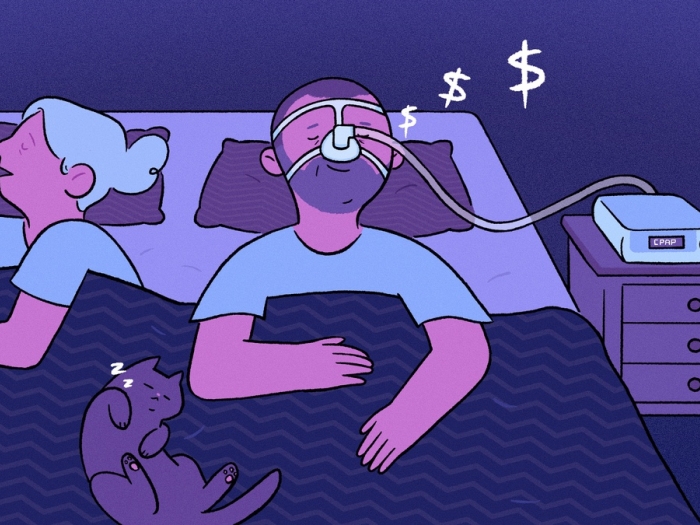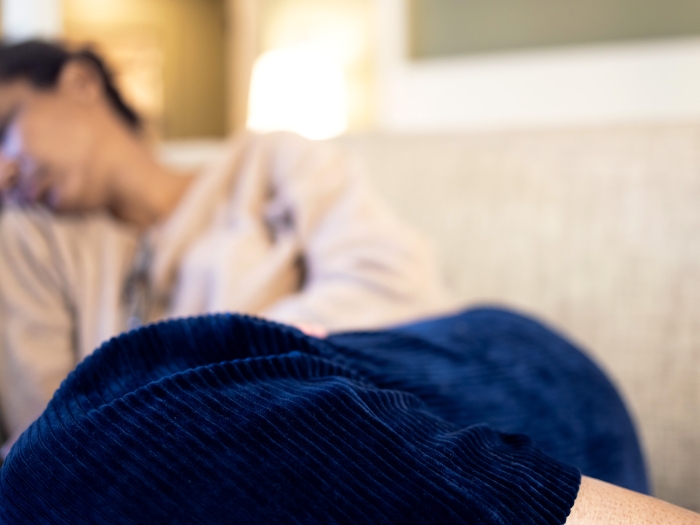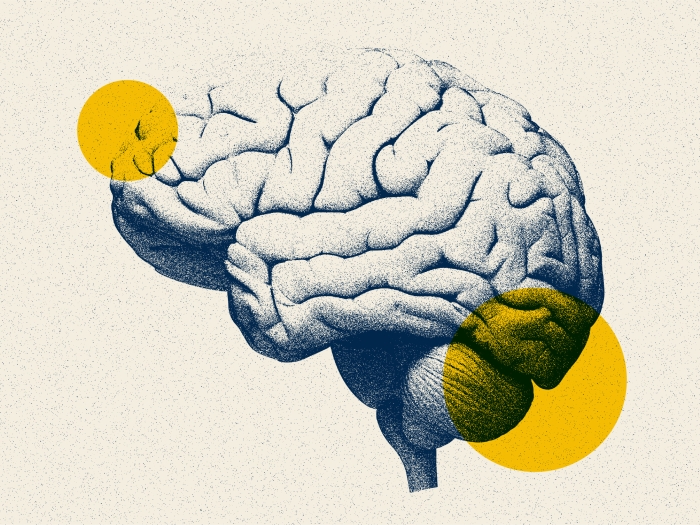The CEO of Facebook designed a device to help his wife sleep better after having children. A behavioral sleep expert says he just may be on to something.
4:21 PM
Author |
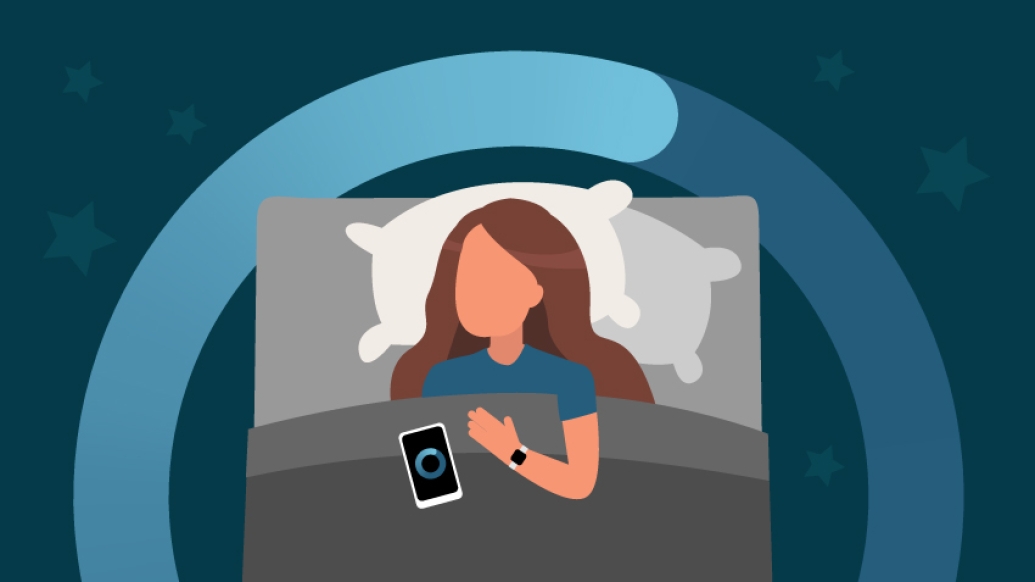
Deirdre Conroy, Ph.D., says the simple fact that the "sleep box" Mark Zuckerberg designed for his wife doesn't display the time makes it a unique idea that could be helpful for people dealing with insomnia.
Zuckerberg recently shared a photo of the sleep box on Instagram. The box uses a small amount of light to indicate whether it's time to wake up, or still early enough to go back to sleep, but it doesn't have a visible clock. He said his wife, who had been struggling to get enough sleep after having children, is now better able to sleep through the night.
The Facebook CEO explained how it works in his Instagram post: "It sits on her nightstand, and between the hours of 6-7am it emits a very faint light -- visible enough that if she sees it she'll know it's an okay time for one of us to get the kids, but faint enough that the light won't wake her up if she's still sleeping. And since it doesn't show the time, if she wakes up in the middle of the night, she knows to just go back to sleep without having to worry about what time it is."
Avoid the clock and smartphone to reduce anxiety
Conroy, clinical director of the Behavioral Sleep Medicine Clinic at Michigan Medicine's Sleep Disorders Centers, says the idea of knowing you can go back to sleep without checking the time could be helpful.
"That on its own takes away some of the sleep-related anxiety," Conroy says. "I tell patients in insomnia therapy not to check their phones in the middle of the night. People will check their phone in bed and begin the process of counting down the hours of sleep. It perpetuates anxiety."
Instead, Zuckerberg's sleep box uses a small light as the only cue, which is a strategy Conroy loves for people dealing with anxiety or "mom-somnia" – a new mom's heightened anxiety during sleep. After childbirth, many new parents will struggle to return to sleep after awakening during the night, while they adjust to the need to pay more attention to their surroundings (a sleeping child), she says.
"I think it's great that Mark Zuckerberg is helping to normalize the difficulty of sleeping as a new parent," Conroy says. "It's a concern that affects both mom's health and baby's health."
SEE ALSO: How to Use Bedroom Lighting to Improve Sleep Quality
Even better: Avoid white light
What would Conroy change about Zuckerberg's sleep box if she were making one herself?
"Any white light exposure during the night can influence your biological clock (which is what tells your brain to be awake or asleep) in the middle of the night. So I might change the color," she says. "Red is a good option because it has no influence on the biological clock, or you could change the light color to blue, which stimulates your biological clock, as a cue it's time to wake up."
Another enhancement could involve putting insomnia treatment practices from clinic into play. For example, the user could fill the sleep box with motivating statements to pull out and read after awakening, such as "This is only one night, tomorrow's sleep will be better."

Explore a variety of healthcare news & stories by visiting the Health Lab home page for more articles.

Department of Communication at Michigan Medicine
Want top health & research news weekly? Sign up for Health Lab’s newsletters today!
